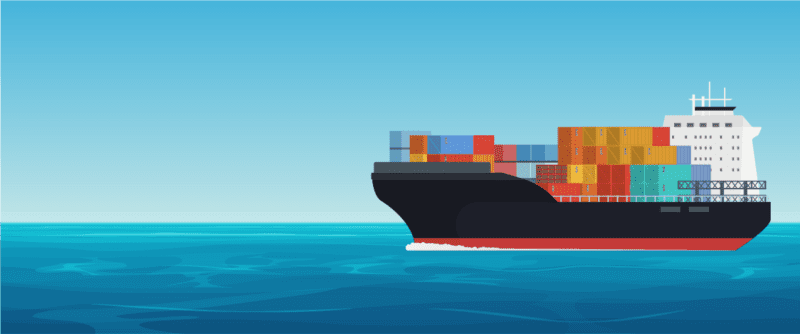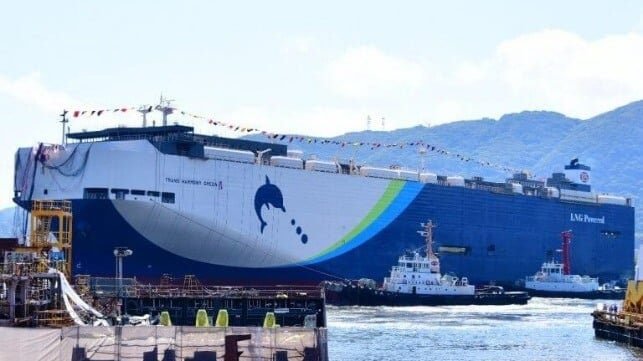Maritime security analysts face challenges in tracking ships that attempt to evade detection, leading to the growth of specialty ship-tracking consultancies that provide hard-to-find vessel locations to various clients. Mitsubishi Heavy Industries is introducing a satellite-based surveillance system that uses AI to automatically detect and track evasive vessels. This innovation aims to address the misuse of the Automatic Identification System (AIS) by vessel operators who turn off or falsify their signals to avoid scrutiny on the high seas.
Traditionally, satellite surveillance has been a cumbersome and data-heavy process, requiring the transmission of imagery to ground stations for analysis. Mitsubishi Heavy Industries has developed a solution to streamline this process by utilizing AI to analyze images onboard the satellite itself. The Artificial Intelligence Retraining In Space system (AIRIS) identifies suspect vessels in the imagery and transmits only relevant data, saving bandwidth and enabling quicker identification of suspicious activity, such as illegal, unreported, and unregulated (IUU) fishing.
The primary goal of AIRIS is to enhance the speed at which suspicious activities are identified, allowing for prompt responses and interventions. The system’s AI model can be retrained and updated as needed, making it more effective over time and adaptable to different use cases, such as monitoring misbehaving aircraft or vehicles. Supported by the Japan Aerospace Exploration Agency (JAXA), AIRIS will be deployed aboard a Japanese demonstration satellite, RAISE-4, set to launch in 2025-6, as part of a larger initiative involving 15 selected components.








